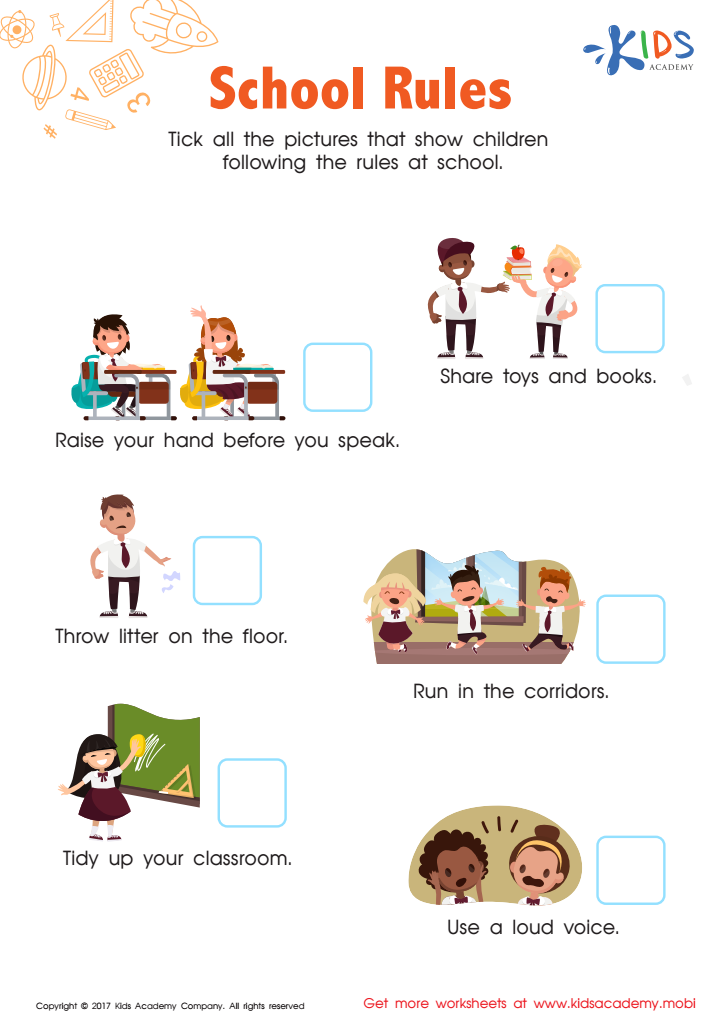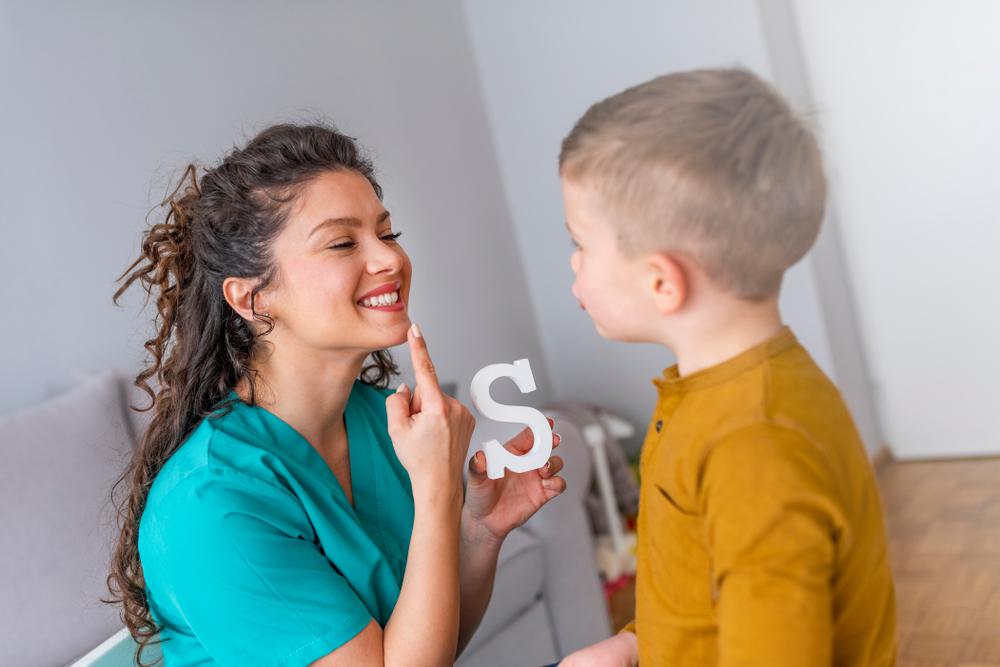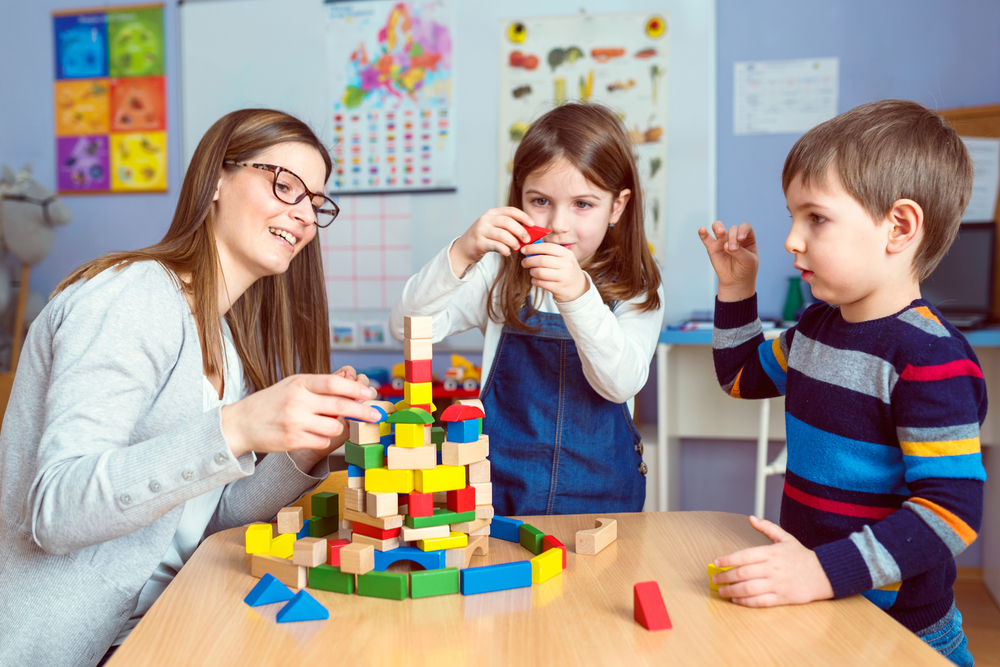Behavior expectations Worksheets for Kids
1 filtered results
-
From - To


School Rules Worksheet
Question/Answer
How does the mastery of the Behavior expectations skill affect a student's performance at an early age?
Mastery of the Behavior Expectations skill at an early age significantly enhances a student's performance. It promotes a conducive learning environment, increases engagement, and fosters positive interactions with peers and teachers. Such mastery leads to improved focus, a better understanding of material, increased participation, and ultimately, higher academic achievement and social competence.
How to test a Grade 1 student’s Behavior expectations skills?
To test a Grade 1 student's behavior expectations skills, observe and record their interactions during structured and unstructured activities, focusing on their ability to follow class rules, share, take turns, and respond appropriately to adult directions. Use simple, age-appropriate checklists or rating scales to assess their demonstration of expected behaviors consistently over a period of time.
Why is the Behavior expectations skill important for Grade 1 students?
The Behavior Expectations skill is crucial for Grade 1 students as it helps them understand and adhere to classroom rules, promoting a positive and conducive learning environment. This foundational skill lays the groundwork for social interactions, cooperation with peers, respect for authority, and the development of personal responsibility and self-regulation, essential for academic and social success.
 Assign to My Students
Assign to My Students



















